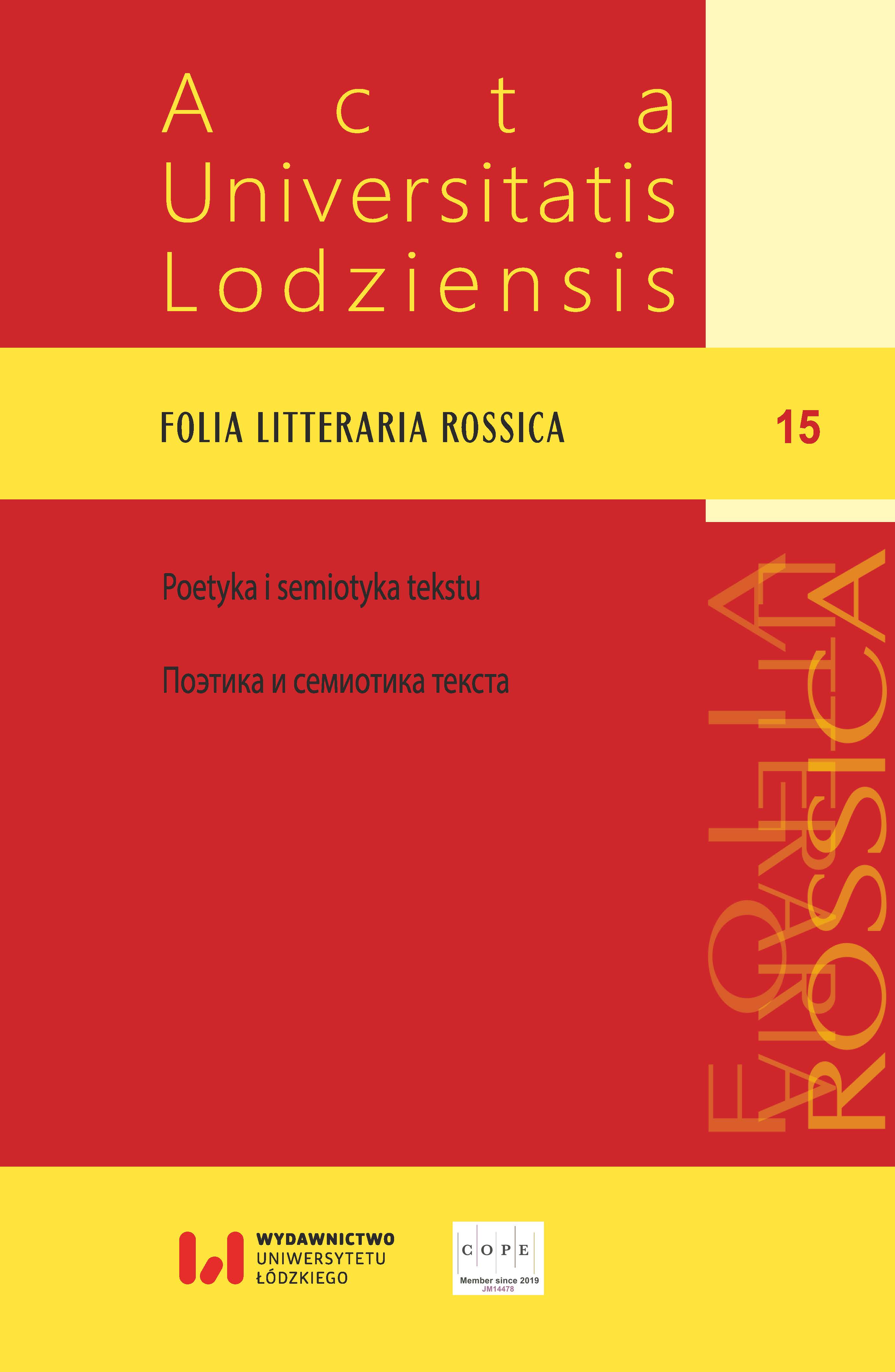Олег, волхвы и два Александра (политический подтекст пушкинской баллады Песнь о вещем Олеге)
Oleg, the Sorcerer, and the Two Alexanders (The Political Subtext of Pushkin’s Ballad “The Song of the Wise Oleg”)
Author(s): J. Douglas Clayton, Vladimir Janovič ZvinjackovskijSubject(s): Literary Texts, Studies of Literature
Published by: Wydawnictwo Uniwersytetu Łódzkiego
Keywords: Alexandеr Pushkin; Nikolai Karamzin; Oleg; ballad; miracle
Summary/Abstract: Alexander Pushkin wrote his ballad “The Song of the Wise Oleg” (1822) in Kishinev during his forced administrative presence in the South (1820–1824). The poem retells, with meaningful differences, a legend in Nikolay Karamzin’s History of the Russian State that describes the miraculous death of the Kievan Prince Oleg, who is bitten by a snake hiding in the skull of the hero’s dead horse. The poem was inspired by Pushkin’s visit to Kamenka and Kiev in 1821 and his acquaintance there with the assembled members of the future Decembrist uprising, as well as his visit to the supposed site of Oleg’s grave. An examination of the work in the context of Pushkin’s Southern Text reveals that the poem is an allegory of the poet’s relationship with Alexander I and reflects his fears about the coming political upheaval in Russia and the potential death of the Tsar. The ballad contains the first instance of a motif that becomes familiar in his subsequent work, namely the miracle (chudo) as a sudden, unexpected, and life-changing event. The poetics of the poem represents an important step towards Pushkin’s masterpiece The Comedy of Tsar Boris and Grishka Otrepyev (1825; published in 1831 with the title Boris Godunov).
Journal: Acta Universitatis Lodziensis. Folia Litteraria Rossica
- Issue Year: 2022
- Issue No: 15
- Page Range: 211-219
- Page Count: 9
- Language: Russian

